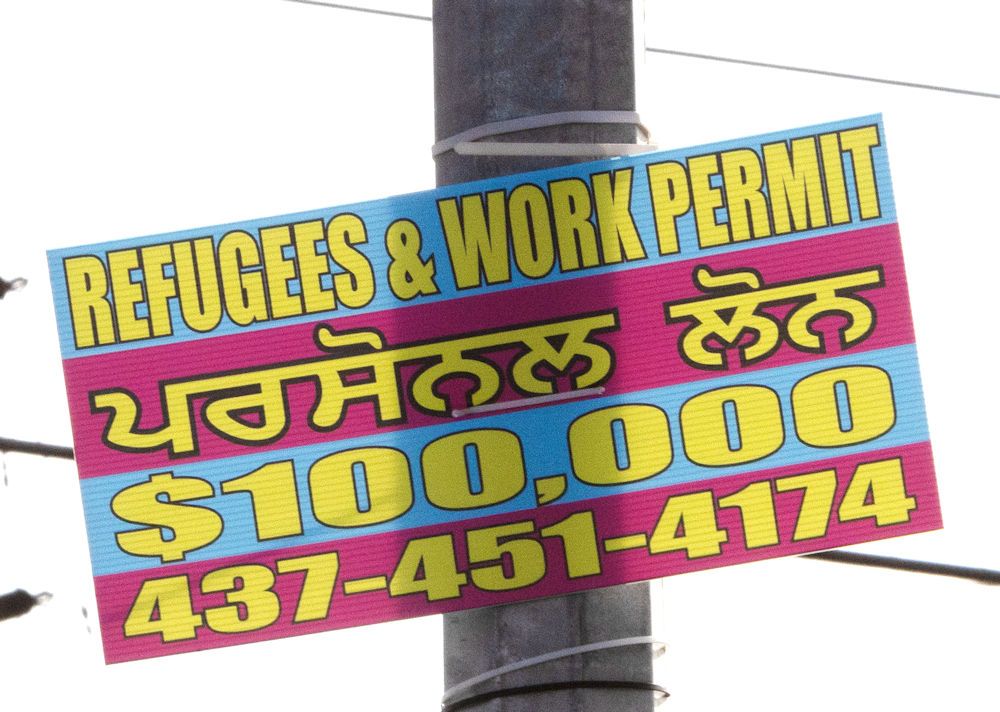Roaring Flames
Senior Member
The thing with blanket rezoning is that even if it's repealed, it's inevitable that it gets brought up again in the future. It's already been implemented with success in other cities here in Canada
There's always a good chance that we will get politicians at municipal and provincial levels that will say all three things, as inconsistent as they may all be together:I'd rather have a mayor that anticipates rapid growth, than one that buries their head in the sand and tells people things will be fine, we don't need to see any change in your community.
Immigration is an issue nationally that can hopefully be reversed somewhat, but I'd hardly say Calgary "spent the bare minimum". Scotia Place, Arts Commons, new Olympic Plaza, Green Line (finally starting), Glenbow, Stephen Ave redesign, Marda Loop redesign (much hated, but the end result would be great for the area), BMO Centre, countless office conversions. Private sector investment with an accommodating municipal and provincial regulatory system that we consistently rank amongst the top in housing starts relative to population. On the provincial side, Scotia Place, new Cancer Centre (started by the NDP), Stoney completion, Deerfoot upgrades, new schools, recovery communities.It seems no level of government was ready for this population growth cycle. Alberta was calling and Canada wanted you to be an international student and temporary foreign worker but Calgary spent the bare minimum on existing and new infrastructure. The bill was always going to come due, because now that we need to build, the project list is so long and our population has been so conditioned to the AlbertaTaxAdvantage that it is hard to see a way out of this. The choices are infrastructure debt, fiscal debt, and/or higher taxes.
The politicians need to be honest with themselves then they need to be honest with us and we can make our choice.
National population growth has already frozen.Immigration is an issue nationally that can hopefully be reversed somewhat
Has it though?National population growth has already frozen.

Yes.Has it though?

FIRST READING: How Quebec and Ontario are being left out of Liberal immigration reductions
Quebec is the only province where the rate of new permanent residents has actually gone up in 2025nationalpost.com
I see what you're saying but there is still a long list of deferred projects at the City. Not really at much fault of the City, they're very dependent on other levels of government.Immigration is an issue nationally that can hopefully be reversed somewhat, but I'd hardly say Calgary "spent the bare minimum". Scotia Place, Arts Commons, new Olympic Plaza, Green Line (finally starting), Glenbow, Stephen Ave redesign, Marda Loop redesign (much hated, but the end result would be great for the area), BMO Centre, countless office conversions. Private sector investment with an accommodating municipal and provincial regulatory system that we consistently rank amongst the top in housing starts relative to population. On the provincial side, Scotia Place, new Cancer Centre (started by the NDP), Stoney completion, Deerfoot upgrades, new schools, recovery communities.
There's also a recent tax cut on the lowest bracket, which proportionally benefit the lower income the most. We still don't have a provincial sales tax, and while our budget swings between surplus and deficit based on oil prices, our fiscal position is far more positive than BC, who is distinctly taking the fiscal debt path.
The city also puts a lot of things on its list to make the problem seem larger than it is as part of the FCM national cry poor communications effort.I see what you're saying but there is still a long list of deferred projects at the City. Not really at much fault of the City, they're very dependent on other levels of government.
National population growth has already frozen.
I see the fieldhouse and recreation centres (GamePlan) being the next round of investment. There will also be a backlog of projects at the city, even if more funding magically appeared, there'd be more projects created so the backlog always exists. I didn't mention the Sunnyside flood barrier construction, which will improve the North side of the downtown pathways, and the new Victoria Park Station that has livened up the area. I'm overall relatively happy with the amount of investment the city has made, and it's been pretty high impact.I see what you're saying but there is still a long list of deferred projects at the City. Not really at much fault of the City, they're very dependent on other levels of government.
About time.National population growth has already frozen.
They have been for years - the feds started turning this ship around in early 2023, but the provinces resisted and even threatened to sue. After the largest intake of international students ever in fall 2023 after the provinces had pledged to better regulate their colleges, the feds stepped in and started to ramp numbers down starting in January 2024 for September admissions.About time.
With an unemployment rate of 7.1% I don't think importing more cheap labour is going to benefit the average Joe. Big businesses will probably cry about it.

There's heated and then there is slinging mud. I'm definitely out on all three of those Mayoral candidates. I did see that Sarah Elder, who started Madame Premier is running but is probably a long shot.
Mayoral candidates’ ethics, spending called into question ahead of Oct. 20 municipal election
Mayor Jyoti Gondek is being accused by another candidate of using public money to fund her re-election campaign, while an anonymous tipster suggested former councillor Jeff Davison is leveraging his connection to a cancer group to prop up his mayoral bid.www.ctvnews.ca
Things are getting heated....




